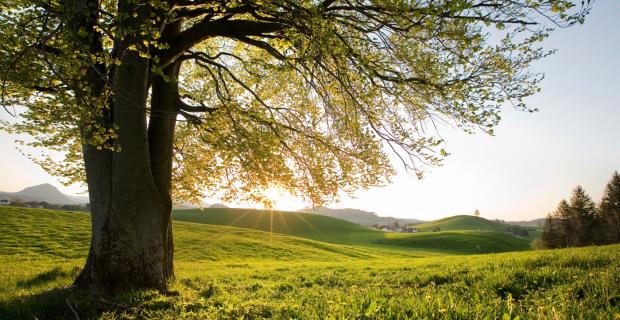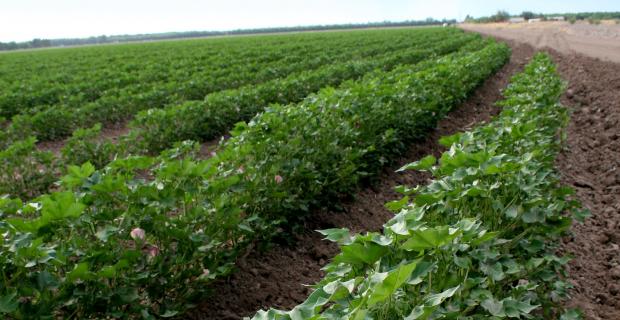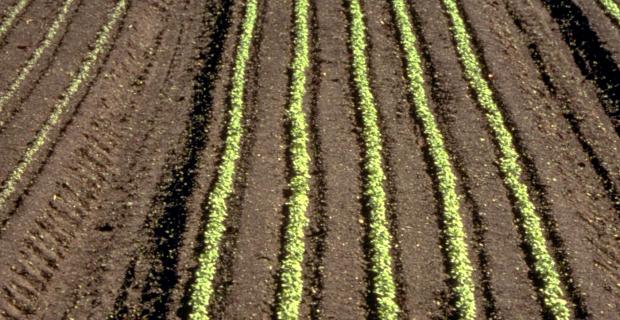Tackling Global Problems with Local Solutions

People once had to rely almost solely on their local environment to meet all their needs.
It provided water and nourishment, supplied housing and energy, and supported community.
Communities also developed the knowledge and expertise to solve environmental and social problems locally. In her essay "Let Us Begin with Courage," Okanagan wisdom keeper Jeanette Armstrong writes:
To the Okanagan people, as to all peoples practicing bioregional self-sufficient economies, the realization that the total community must be engaged in order to attain sustainability comes as a result of surviving together for thousands of years. The practical aspects of willing teamwork within a whole-community system clearly emerged from having to cooperate in order to survive.
With global transport and worldwide communication, we can now look well beyond our immediate surroundings to meet our needs and provide answers to our problems. When we do, we often exacerbate problems like pollution, resource depletion, and economic inequality. We also lose the skills needed for self-sufficiency.
Educators David Gruenewald and Gregory Smith write, "What has served our species well in the past, could serve us well in the future if we relinquish the modern tendency to impose universal solutions upon the infinite variability of both people and the planet." They add, "Local diversity lies at the heart of humanity's biological and cultural success" (Place-Based Education in the Global Age: 2008, Lawrence Erlbaum Associates).
Locally based solutions — like buying food and provisions from nearby sources, removing invasive species, or creating decentralized energy systems—help to move communities toward sustainability. Students practice this strategy when they become involved in finding solutions to issues on campus and participate in problem solving with citizens in their local communities.




